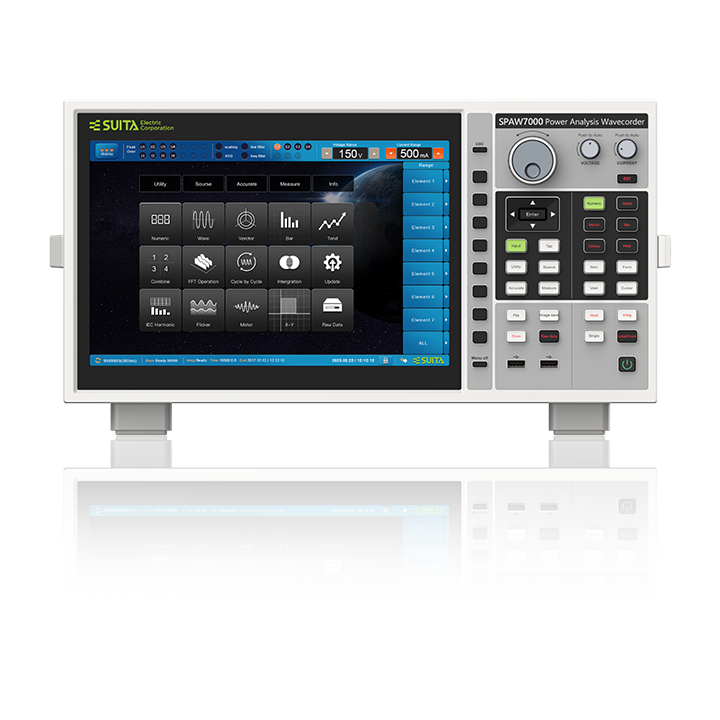
Off-Grid Inverter Testing Solution
Off-grid inverters are primarily used in new energy systems. Before they are introduced to the market and put into use, various parameters must be tested to ensure that their performance meets the requirements. These tests include evaluating conversion efficiency, startup performance, harmonic distortion, maximum output power, and etc. Among these, the conversion efficiency of off-grid inverters is a crucial performance indicator. A higher conversion efficiency means less energy loss, which is particularly important for increasing the effective power generation of photovoltaic systems and reducing the overall cost of electricity generation.

For the testing of off-grid inverters in photovoltaic power generation, SUITA offers a new generation of instruments with ultra-high accuracy for power, including bidirectional programmable DC power supplies, regenerative AC power supplies, and power analysis wavecorder, to meet user requirements. In this testing solution, a bidirectional programmable DC power supply is connected to the input side of the off-grid inverter, simulating the input power from solar panels. A regenerative AC power supply is connected to the output side of the inverter, simulating AC electronic loads. A power analysis wavecorder is used to measure various performance indicators of the inverter, such as harmonics, output power, and conversion efficiency. Furthermore, SUITA provides robust supervisory software to assist engineers with data analysis.

